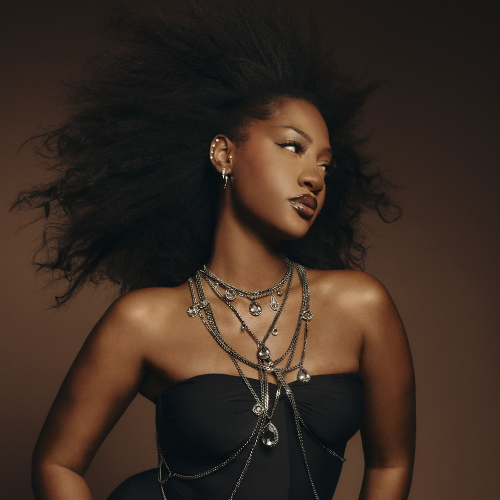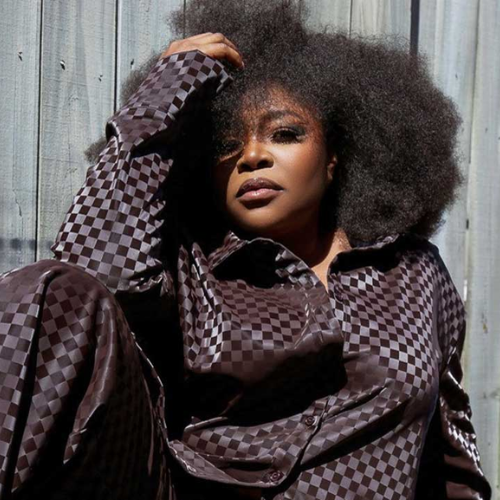Tyla has officially made history, breaking records as the deluxe edition of her “TYLA” album surpasses 2 billion streams on Spotify. This milestone is not just remarkable—it is groundbreaking. As the fastest African album to achieve this feat, Tyla has set a new standard in the global music industry. But perhaps even more inspiring is the fact that this achievement comes from a female artist, making it even more significant in the context of African women in music.
Unique Sound of Tyla
When Tyla’s album dropped, it was clear that the world was ready to embrace her sound. The artist, known for blending Afrobeat, Amapiano, and global pop influences, quickly captivated audiences worldwide. Her unique voice and style struck a chord, and her reach extended far beyond the African continent.
Reaching 2 billion streams on Spotify is no small feat. It places Tyla in the ranks of some of the biggest global superstars. Yet, her achievement is even more monumental as a female artist from Africa, a region historically underrepresented in mainstream global music charts. She is proof that women in African music are breaking barriers and defining the future of the industry.
Representing Women in Music
Tyla’s success highlights the power of women in African music today. African female artists are gaining the recognition they deserve, and Tyla’s rapid rise is a testament to this exciting shift. She is showing that African music, especially from female voices, is ready to dominate the global stage. Through her work, she not only celebrates African culture but also challenges stereotypes and brings forward a new narrative.
Tyla’s path is one of inspiration. Her record-breaking streams are a symbol of the potential of African women in music. As she continues to push boundaries and achieve new milestones, her success will undoubtedly inspire countless other female artists to follow in her footsteps.
This moment in music history is just the beginning. Tyla’s impact is proof that with talent, hard work, and resilience, anything is possible—even changing the global music landscape for African women.
For more posts like this, check here







































